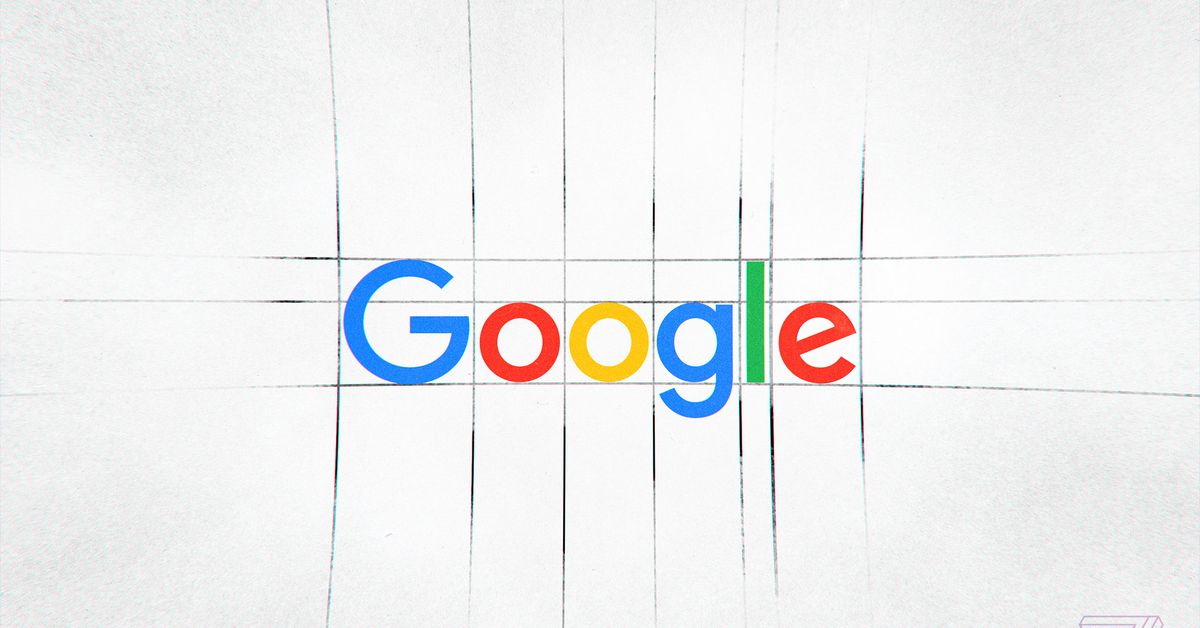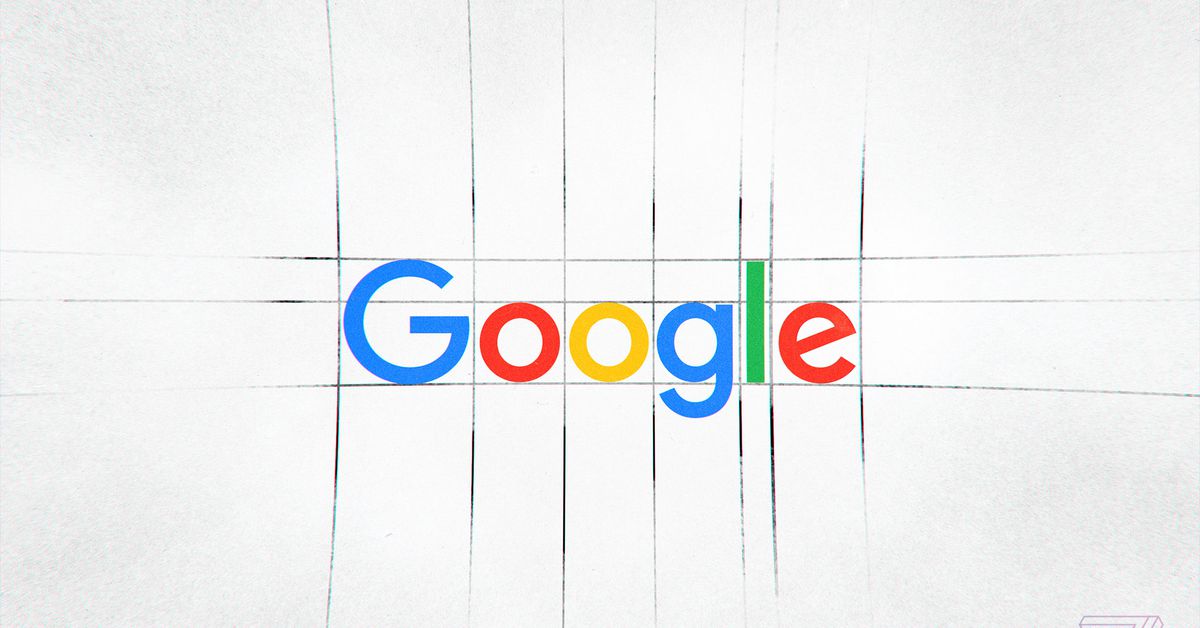
UK regulators are scrutinizing a longstanding deal between Apple and Google over the default search engine in the iPhone maker’s mobile Safari browser, reports Reuters.
According to an updated report compiled by the UK government’s Competition and Markets Authority, Google pays Apple a “substantial majority” of the £1.2 billion (roughly $1.5 billion) it pays every year in the UK alone for so-called default positions, in other words when Google pays a company to make its search engine the go-to one in a browser or other platform.
The report says the deal creates a “significant barrier to entry and expansion” for Google competitors. The report also suggests either limiting Apple’s ability to monetize such deals or to give users a choice of search engine upon setup.
“The scale of these payments is striking and demonstrates the value that Google places on these default positions.”
For years, mobile Safari has relied on Google search, making the iPhone a substantial revenue-generator for Google’s mobile ad business and giving Google a competitive edge over the competition. In 2014, court documents revealed a $1 billion payment Google made to secure default position on mobile Safari in the US. Analysts estimate that amount has only increased in the years since. Apple benefits greatly from this, with an estimated $9 billion a year from such placement deals, though the company has never disclosed concrete figures.
Regulators are now concerned this massive UK deal, which last year was 50 percent higher than what Google paid for US placement more than six years ago for a far more populous region, may stifle competition. Google competitors — though few, like Microsoft’s Bing and DuckDuckGo, actually remain — may not be in a position to pay such a large sum for prime placement on the default iPhone browser. Here’s the excerpt from the report, found on page 13, regarding the deal:
In search, Google has negotiated agreements with Apple and with many of the largest mobile phone manufacturers under which it pays a share of search advertising revenues to these partners in return for Google Search occupying the default search positions on the device. The scale of these payments is striking and demonstrates the value that Google places on these default positions. In 2019, Google paid around £1.2 billion in return for default positions in the UK alone, the substantial majority of which was paid to Apple for being the default on the Safari browser. Rival search engines to Google that we spoke to highlighted these default payments as one of the most significant factors inhibiting competition in the search market. Consumers primarily access the internet through mobile devices, which account for over two-thirds of general searches, a share which has grown substantially in recent years and is likely to continue to grow in the future.
Regulators in both the EU and the US are increasingly looking at Big Tech over concerns that the size and power Silicon Valley companies make them anticompetitive, although the EU has been far more aggressive with regards to actually enforcing such rules and levying fines. The EU has handed Google numerous multibillion-dollar fines over the last decade, and regulators are now looking into Apple over its management of the App Store and the fees it charges developers.
